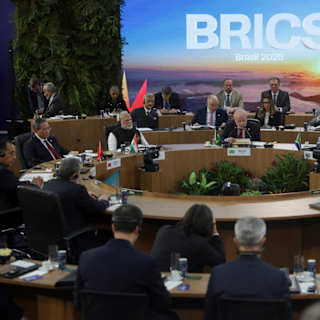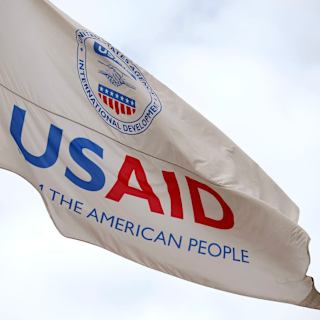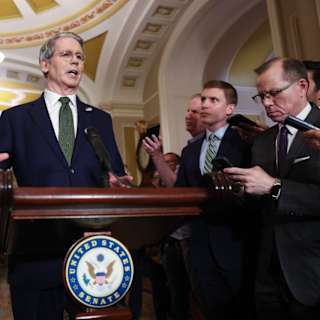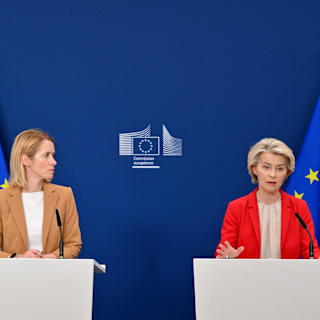- Global Leaders Rally Despite US Boycott
- Trump Administration's Withdrawal Casts Shadow
- Aid Crisis Deepens Global Challenges
More than 50 world leaders gathered in sweltering Seville on Monday for a once-in-a-decade United Nations summit aimed at closing a $4 trillion annual funding gap to combat global poverty and climate change, but the world's largest aid donor was notably absent.
The four-day Financing for Development conference represents a critical moment for international cooperation as two-thirds of the UN's Sustainable Development Goals lag behind schedule, yet comes as wealthy nations slash aid budgets and the United States withdraws from multilateral commitments.
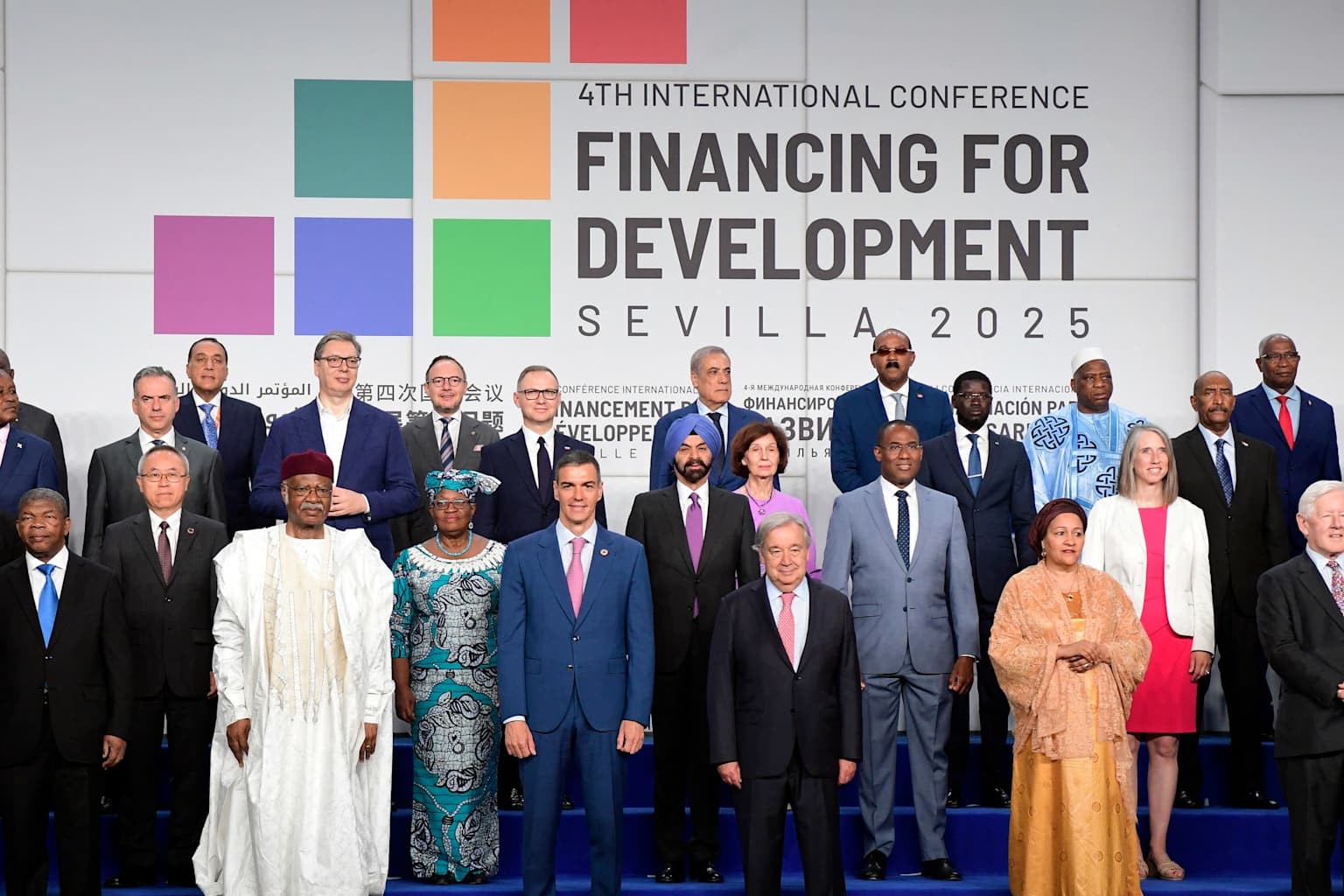
UN Secretary-General António Guterres told delegates the summit aimed "to repair and rev up" a system of cooperation where "trust is fraying and multilateralism is strained"12. French President Emmanuel Macron, Kenya's William Ruto, and EU chief Ursula von der Leyen joined more than 4,000 delegates from businesses, civil society and financial institutions3.
Spanish Prime Minister Pedro Sánchez inaugurated the conference by calling it "an opportunity for us to change course" against those who "seek to convince us that rivalry and competition will set the tone for humanity"4.
The leaders are expected to adopt the "Seville Commitment," a 38-page document calling for minimum tax revenue of 15% of GDP, tripling multilateral development bank lending, and scaling up private financing for infrastructure54. The text also proposes debt relief measures and reforms to lower borrowing costs for developing countries1.
The United States rejected the outcome document at a June 17 preparatory meeting, citing objections to tripling development bank lending, tax rule changes, and the use of the term "gender" in the text1. The remaining 192 UN member nations approved the document by consensus23.
UN Deputy Secretary-General Amina Mohammed described Washington's boycott as "regrettable," particularly after "catastrophic" recent aid cuts that she said had cost lives and livelihoods1. In March, the Trump administration slashed more than 80% of USAID programs following federal budget cuts14.
The OECD projects a 9-17% drop in official development assistance in 2025, following a 9% decline in 20241. Last year, 3.3 billion people lived in countries that pay more interest on debt than they spend on health or education—a figure expected to rise to 3.4 billion this year2.
"Development is going backward," said UN trade chief Rebeca Grynspan, as developing countries face $947 billion in debt service payments this year, up from $847 billion last year2.
"We should make sure we are not backtracking at this point," said Orville Grey at the International Institute for Sustainable Development1.
